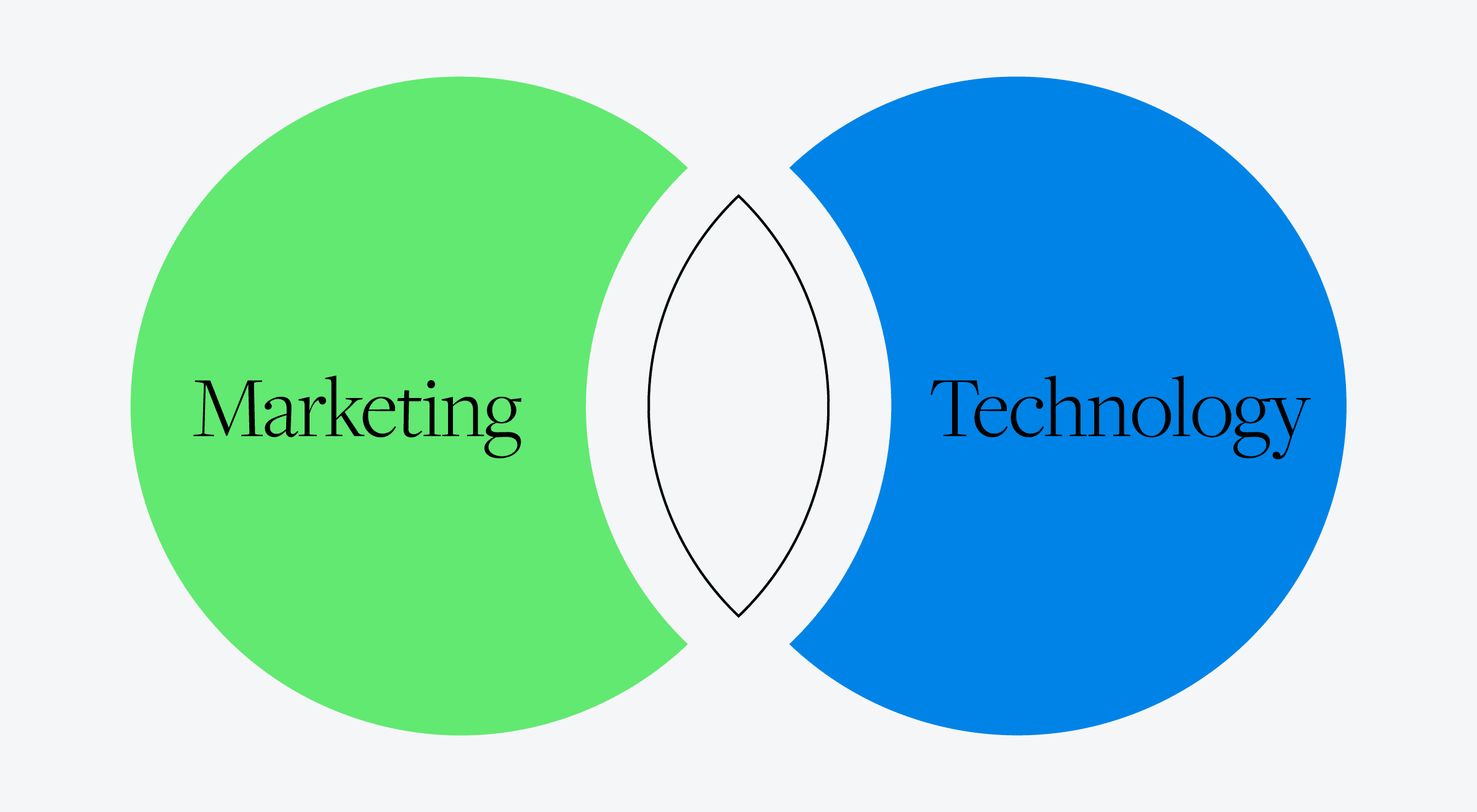In today’s fast-paced world, technology in wealth management is playing a crucial role in transforming the way financial advisors and institutions serve their clients. As digital innovation continues to evolve, the integration of cutting-edge technologies is not only streamlining operations but also enhancing personalized financial strategies. The use of technology in wealth management is reshaping the landscape, making it more efficient, transparent, and accessible.
This article will explore how technology in wealth management is impacting the industry and highlight five key trends that are driving this transformation.
1. AI and Machine Learning in Wealth Management
The rise of artificial intelligence (AI) and machine learning (ML) has dramatically transformed technology in wealth management. These technologies offer advanced data analytics, allowing wealth managers to make better-informed decisions and create highly personalized financial plans.
- Predictive Analytics: AI-driven predictive models can analyze vast amounts of data, helping advisors forecast market trends and make proactive recommendations.
- Automation of Routine Tasks: By automating repetitive processes, AI frees up time for wealth managers to focus on more strategic client engagement.
- Enhanced Personalization: AI tools provide tailored investment strategies based on an individual’s financial goals, risk tolerance, and personal circumstances.
The integration of AI and ML is a game-changer for technology in wealth management, empowering firms to deliver superior results while maintaining cost efficiency.

2. Robo-Advisors: The Rise of Digital Investment Platforms
One of the most prominent trends in technology in wealth management is the increasing popularity of robo-advisors. These automated platforms offer a low-cost, user-friendly way for individuals to manage their investments with minimal human intervention.
- Affordable Investment Solutions: Robo-advisors provide access to professional-grade investment management at a fraction of the cost of traditional advisory services.
- 24/7 Accessibility: With robo-advisors, clients can access their portfolios at any time, track their performance, and make adjustments as needed.
- Efficient Portfolio Management: Using algorithms, robo-advisors automatically rebalance portfolios, ensuring they stay aligned with the client’s financial goals.
Robo-advisors are revolutionizing technology in wealth management by democratizing access to sophisticated financial tools and making wealth management more accessible to the general public.

3. Blockchain and Cryptocurrencies: A New Frontier
Blockchain technology and cryptocurrencies are disrupting traditional financial systems, and their impact on technology in wealth management cannot be overstated. From enhanced security to transparent transactions, blockchain has the potential to redefine the way wealth is managed.
- Secure and Transparent Transactions: Blockchain technology provides a decentralized ledger, ensuring transparency and reducing the risk of fraud in financial transactions.
- Cryptocurrency Investments: More wealth management firms are incorporating cryptocurrency portfolios, allowing clients to diversify into digital assets like Bitcoin and Ethereum.
- Smart Contracts: Blockchain enables the creation of self-executing contracts, streamlining complex financial agreements and reducing the need for intermediaries.
As blockchain adoption grows, it is clear that this technology in wealth management will continue to open up new avenues for both clients and advisors.

4. Big Data and Advanced Analytics: Driving Informed Decisions
Another significant trend in technology in wealth management is the use of big data and advanced analytics. These tools allow wealth managers to gather insights from massive data sets, which can then be used to develop more accurate financial strategies.
- Client Behavior Analysis: Big data analytics help advisors understand client behavior, preferences, and investment patterns, allowing for better customization of services.
- Market Trend Prediction: Advanced analytics tools provide real-time insights into market conditions, enabling wealth managers to make more informed investment decisions.
- Risk Management: By analyzing data from multiple sources, wealth managers can better assess potential risks and adjust portfolios accordingly.
With the power of big data, technology in wealth management is creating opportunities for more informed, data-driven financial strategies.

5. Mobile and Cloud-Based Solutions: Anytime, Anywhere Access
In the age of digital transformation, mobile and cloud-based solutions are becoming essential components of technology in wealth management. These tools provide wealth managers and clients with the flexibility to access financial information and perform tasks from virtually anywhere.
- Real-Time Access: Mobile apps allow clients to check portfolio updates, review performance, and make transactions on the go.
- Secure Data Storage: Cloud-based platforms provide a secure and efficient way to store and share financial documents, ensuring that sensitive information is protected.
- Collaboration and Communication: These solutions enable seamless communication between wealth managers and their clients, improving transparency and building trust.
The integration of mobile and cloud technologies is further solidifying the role of technology in wealth management, allowing for more responsive and efficient services.
- 7 Essential Steps to Build a Long-Term Financial Plan for Wealth Preservation
- Top 10 Proven Wealth Management Strategies for 2024
Conclusion
Technology in wealth management is not just a trend; it’s the future of the industry. From AI and robo-advisors to blockchain and big data, these advancements are reshaping the way wealth is managed. As technology continues to evolve, wealth management firms that embrace digital transformation will be better positioned to meet the growing expectations of clients, offer more personalized solutions, and stay ahead of the competition.
By leveraging the latest technology in wealth management, financial advisors can provide better service, enhance efficiency, and ultimately, drive better financial outcomes for their clients. The future of wealth management is digital, and those who adapt will lead the charge.

